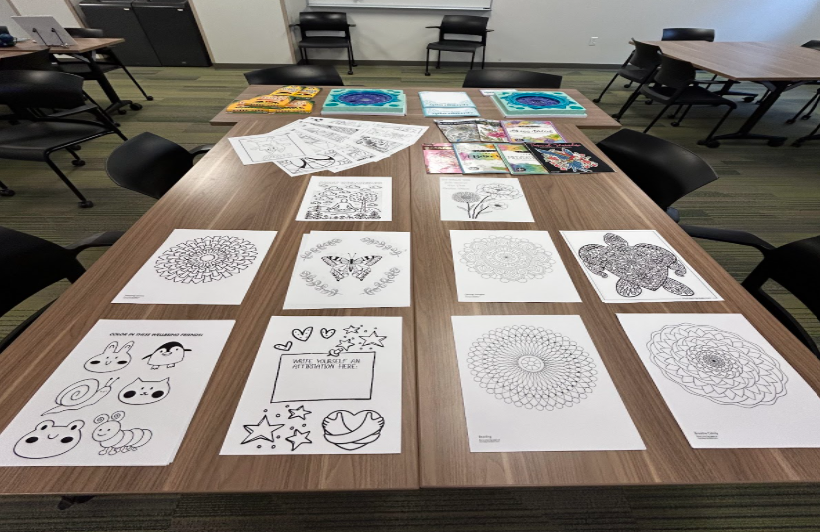According to the Association of American Universities, 23 percent of women will experience some form of unwanted sexual contact during their college careers—11 percent of those women reported that the contact included rape. Unwanted sexual contact includes not only rape, though, but also kissing and any sort of sexual non-consensual touching.
In 2014, there were 14 counts of sexual assault—defined as forced penetration or nonconsensual touching of “intimate parts”—reported to Public Safety at NMU. These numbers are lower than the national average, according to the AAU, but the National Sexual Violence Resource Center states that more than 90 percent of sexual assault victims on college campuses do not report their assault.
These statistics prompted the state of Michigan to award a total of $500,000 to 22 colleges and universities across Michigan to create new strategies that bring awareness to and combat sexual assault on campuses.
NMU was awarded $30,000 of this grant. First Lady Sue Snyder was at the helm of this program, believing that open communication about sexual violence on campuses will help to amend the problem.
NMU’s initiative to spread awareness of sexual assault is called “End Sexual Violence: 50 Shades of K(no)w.” Directing the project is Alan McEvoy, head of the sociology and anthropology department.
Part of this initiative is spreading awareness to secondary schools. The hope is to decrease sexual and domestic violence once students enter university by educating them before college.
“We intend to provide training to educators at partner secondary schools and also deliver workshops and presentations at the schools related to intimate partner violence and sexual assault,”
McEvoy said.
“Given that NMU recruits a significant percentage of its students from the U.P., it makes sense to begin the discussion early on with those students in the hope of mitigating this issue, which is endemic to university life,” McEvoy added. “This multi-faceted program demonstrates Northern’s strong commitment to effective prevention and intervention.”
Erica Goff, NMU director of grants and contracts said that these programs are a way of getting ahead of the attitudes toward sexual assault.
“Alan also will train members of NMU student organizations partnering in this effort to become trainers for sexual violence workshops in the schools. That way, high school students are engaging with people closer to their peer age.”
Students will also be participating in mock trials, Goff said, so they are able to learn and understand the legal proceedings that occur in sexual assault trials.
Students from the Social Justice Committee, the Health Promotion Society, ASNMU, Outlook and Queers & Allies will be trained so they can hold sexual violence workshops at the schools as a part of the program.
The NMU student organizations will be working with Marquette Alger Regional Educational Service Agency (MARESA) and the Upper Peninsula Center for Educational Development.
As well as student organizations, NMU faculty, staff and coaches will be trained on Title IX and Clery requirements, including how to report and react to an assault, recognizing signs of trauma and what resources are available for sexual assault survivors.
To report a sexual assault or sexual misconduct, contact Public Safety at 227-2151. To receive confidential counseling for a sexual assault contact the NMU Counseling and Consultation Services at 227-2980.

























